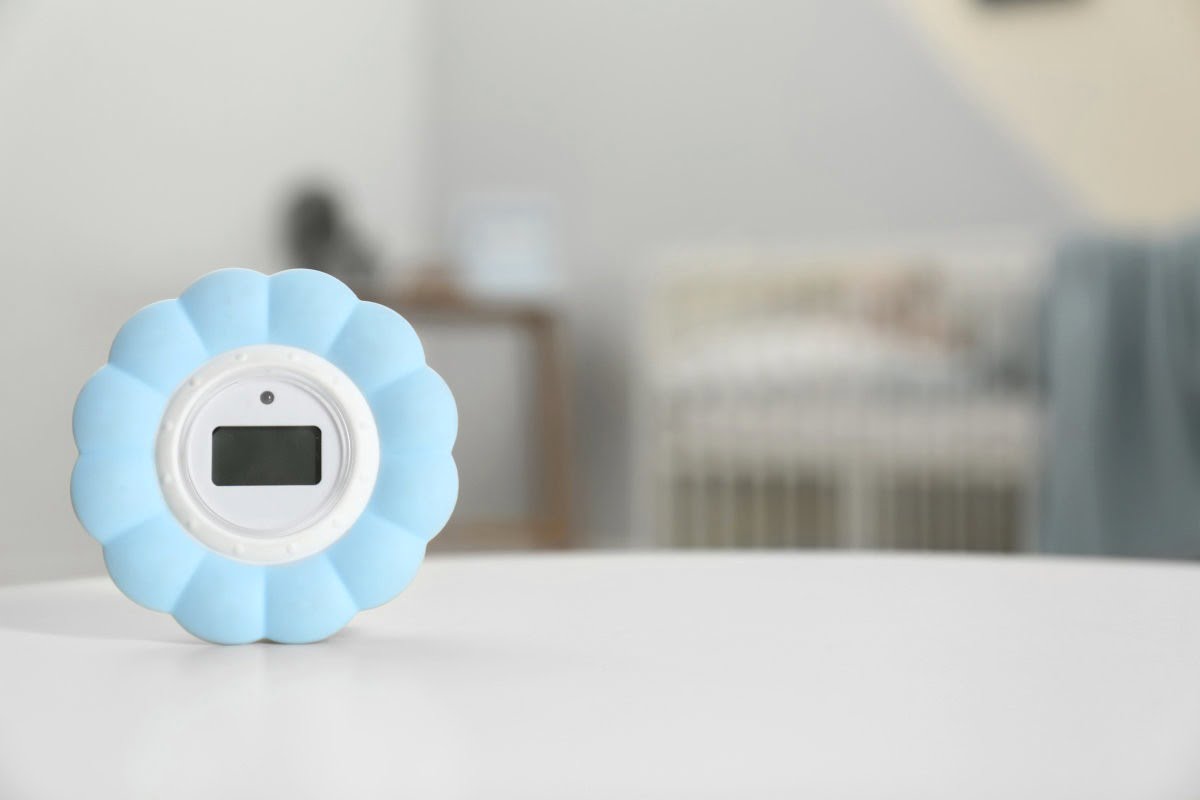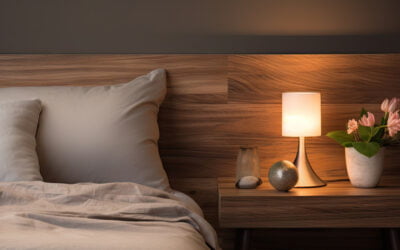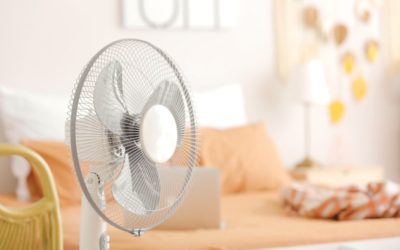As we know the weather can affect your sleep – whether it’s too hot or even too cold – but humidity also has a part to play in how restful your sleep is. And with temperatures expected to climb over the weekend, there is a strong likelihood of warm ‘muggy’ days which leads to high humidity.
What is humidity?
Humidity as a simple definition refers to the dampness in the air.
High humidity makes for an uncomfortable sleeping environment – there is an increase in sweating and even worse, excess humidity hampers sweat evaporation, so the moisture remains on your skin and you feel even warmer. High humidity can be caused by warmer weather in summer but also in winter when the heating is cranked up full and doors and windows are closed, reducing air circulation – this can lead to visible sounds of humidity such as damp, mould and condensation which can contribute to allergies, causing sleep problems.
Too little humidity isn’t good for sleep either. Air that is dry can lead irritated nasal passages, sneezing, coughing, itchy throat and may even increase suffering from colds and other viruses.
Dry air, most common in the winter or in arid, desert-like climates, can lead to Like an engine without proper oil lubrication, breathing in dry air can irritate your throat and trigger fits of coughing or even gagging, which in turn makes sleeping difficult.
How you can help increase humidity or lower humidity
You can’t control what the weather is doing but you can control the humidity level in your bedroom – and it’s important for health and sleep. Any reading over 60% on a hygrometer needs addressing. A dehumidifier in summer can help you combat this problem. It helps reduce moisture levels in the air so you feel more comfortable in your home. For low humidity, you can use a humidifier to increase levels
Make sure to ventilate your house, and importantly the bedroom, by opening windows even in winter. This will enable air to circulate and allow moisture to escape. When humidity levels are high and you find sleeping uncomfortable, try using cotton bedding and nightwear which can help skin breathe better.






0 Comments